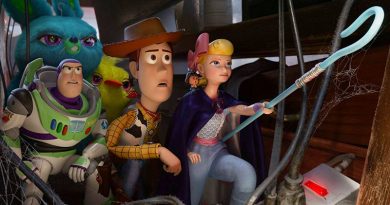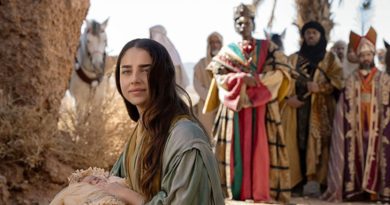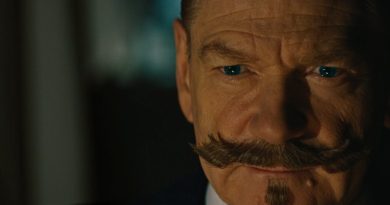Wyatt Earp 30th Anniversary Review: A Laborious Epic Western in an Otherwise Handsomely Mounted Production
The first time I watched Wyatt Earp back in the 90s, I found it hard to believe this 1994 star-studded, high-profile Western drama led by Kevin Costner turned out to be an overlong and ponderous epic failure. Both creatively and financially, where the latter could only collect US$55.9 million against a US$63 million budget.
Looking back at the 1994 U.S. box office, Wyatt Earp debuted at No. 4 with US$7.5 million during the first three days, where three movies above it — The Lion King, Speed and Wolf — dominated the Top 3 chart. It didn’t recover and eventually died a quick death as subsequent summer movie tentpoles like Forrest Gump, True Lies and The Mask ruled the rest of the season.
The same words “overlong” and “ponderous” still apply after I recently revisited Wyatt Earp to coincide with the movie’s 30th anniversary this month. And of course, the upcoming Costner’s three-hour Western epic Horizon: An American Saga – Chapter 1. Whereas Tombstone, the other Wyatt Earp movie that arrived six months earlier in December 1993 to mostly positive responses, Wyatt Earp suffers everything that the former did well the first time around.
Director and co-writer Lawrence Kasdan took the long road of encompassing Earp’s life from his teenagehood (played by Ian Bohen) to his short-lived marriage with Urilla Sutherland (Annabeth Gish) before suffering from depression. Earp ends up committing a crime but gets a second chance to start over after his jail time. He subsequently makes a living as a buffalo hunter and hires the Masterson brothers, Bat (Tom Sizemore) and Ed (Bill Pullman).
It wasn’t until around the first hour that we finally saw Earp become a deputy marshal in Wichita, Kansas after thwarting a threat in the saloon. The movie also covers his time working as a deputy in Dodge City and Tombstone, where the latter eventually leads to the infamous gunfight at the O.K. Corral. Beyond his duty, he is romantically involved with two women, Mattie Blaylock (Mare Winningham) and Josie Marcus (Joanna Going).
Originally envisioned as a six-hour miniseries before turning it into a condensed three-hour feature, the movie’s biographical Western drama approach moves at a leisurely pace. It doesn’t help either when Dan Gordon and Lawrence Kasdan’s anaemic script does the movie little favour to advance the storyline. It drags too long to get to the point and even when it reaches some of the pivotal moments, one of which involves the O.K. Corral shootout, it feels strangely anticlimactic.
Another biggest problem lies in Costner himself. He may have the stoic persona of a no-nonsense lawman, Wyatt Earp but his overall character comes across as a bland protagonist. By contrast, Kurt Russell did a better job portraying the same character in Tombstone. The movie tries to focus on other characters too but with varying degrees of success. Of all the supporting roles, it was Dennis Quaid who steals the show as the tuberculosis-suffering Doc Holliday. Gene Hackman, who plays Earp’s stern father earlier in the movie, makes a lasting impression in his otherwise small role than Costner’s lead performance throughout its three-hour duration.
Still, Wyatt Earp benefits from a top-notch production value that captures the Wild West era. Credits also go to Owen Roizman’s gorgeous cinematography and James Newton Howard’s epic score that hits all the right notes.
Kevin Costner didn’t return to the Western genre until nine years later when he starred, produced and directed Open Range — a well-made revisionist Western drama that showcased Costner in the best of both worlds: acting and directing. Lawrence Kasdan, in the meantime, went on to direct various genres post-Wyatt Earp fiasco. This includes a romantic comedy (1995’s French Kiss), dramedies (1999’s Mumford and 2012’s Darling Companion), and sci-fi horror (2003’s Dreamcatcher).





